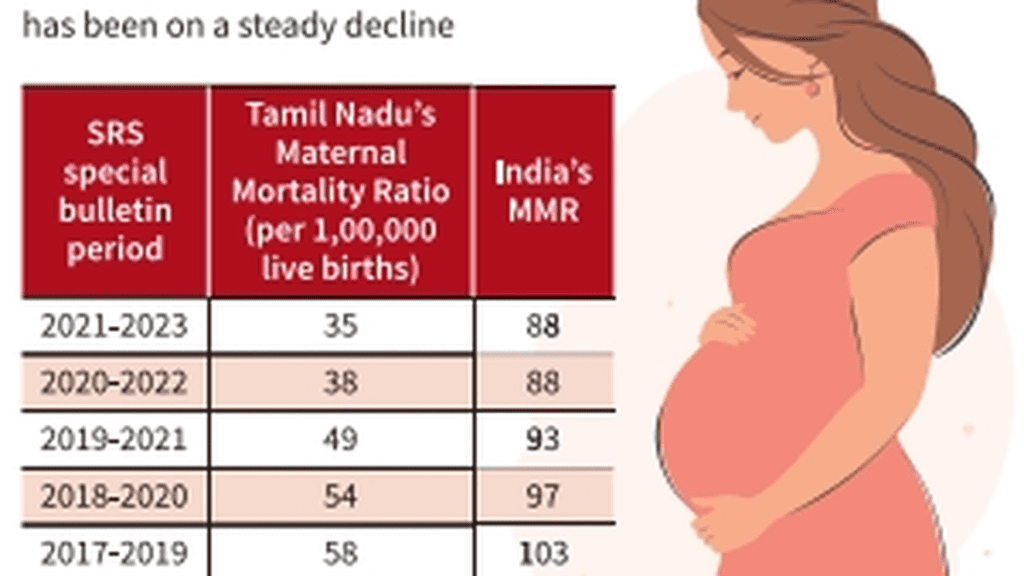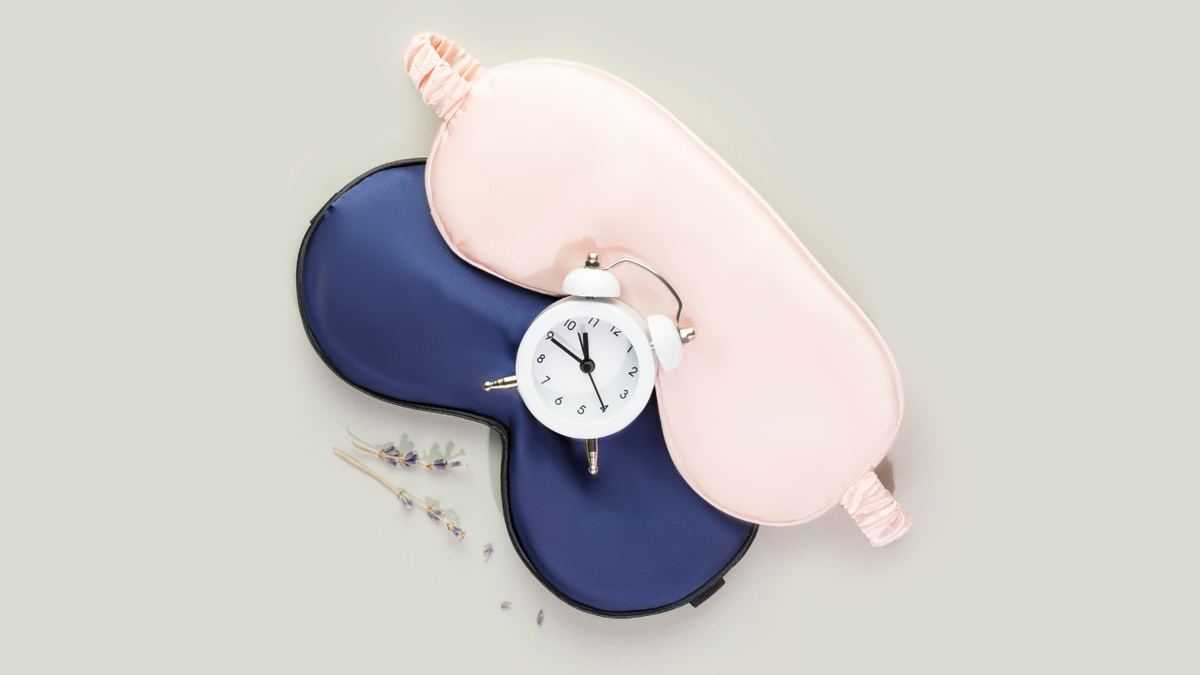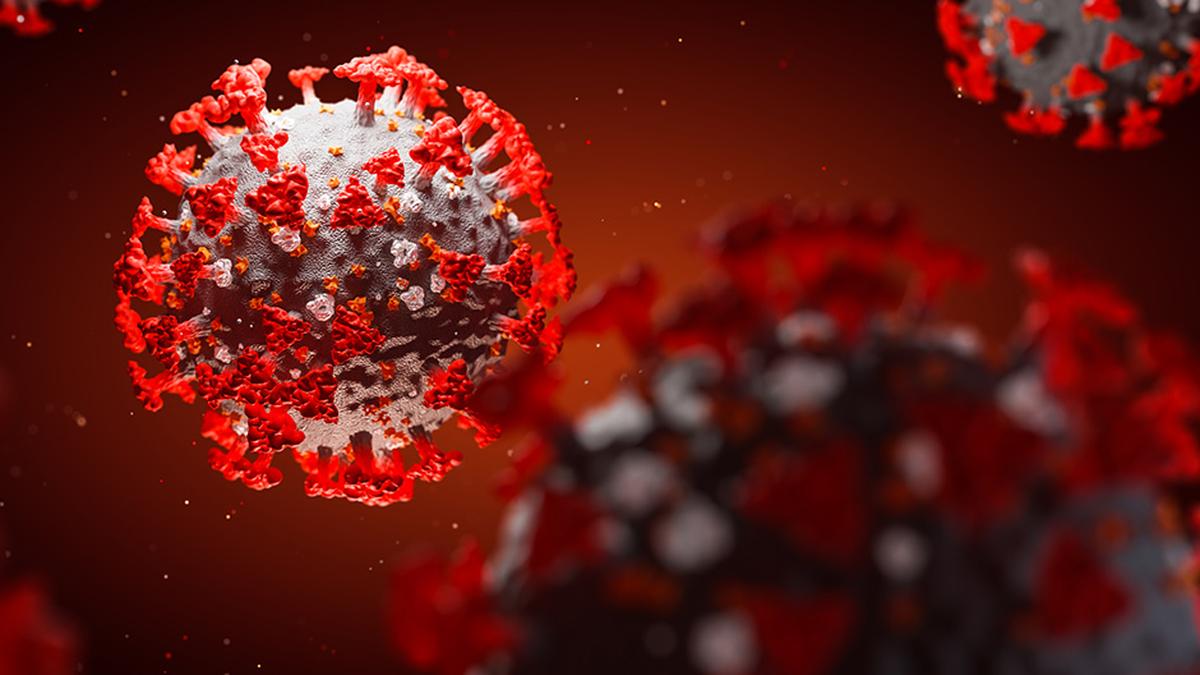AB-PMJAY reduced out-of-pocket-expenditure from 62.6 per cent to 39.4 per cent: Economic Survey 2024-25

AB-PMJAY reduced out-of-pocket-expenditure from 62.6 per cent to 39.4 per cent: Economic Survey 2024-25
The Ayushman Bharat Pradhan Mantri Jan Arogya Yojana (PM-JAY), India’s health assurance scheme, providing financial protection for secondary and tertiary healthcare, has contributed to significant reductions in out-of-pocket expenditure through an increase in social security and primary health expenditure, with over ₹1.25 lakh crore in savings recorded, said the Economic Survey 2024-25, tabled in Parliament on Friday, January 31, 2025, by Union Minister of Finance Nirmala Sitharaman.
Also Read:Economic Survey 2024-24: Live Updates
Stating that the AB-PMJAY initiative aligns with India’s commitment to the Sustainable Development Goals (SDGs), ensuring no one is left behind, the Survey notes that as of January 1 2025, over 36.36 crore Ayushman cards have been issued. It added that the scheme has revolutionised healthcare by providing health coverage to the bottom 40 per cent of India’s most vulnerable populations. It covers over 12 crore families, or approximately 55 crore individuals, and is the world’s largest health assurance scheme, offering annual hospitalisation benefits of up to ₹5 lakh per family for secondary and tertiary care.
The reduction in out of pocket expenditure goes hand-in-hand with increased public spending in healthcare, demonstrating progress towards universal health coverage, the Survey document stated. It said that the increase in government spending on health has an important implication for the reduction of financial hardships endured by households. In the health expenditure of the country between FY15 and FY22, the share of all government spending has increased from 29.0 per cent to 48.0 per cent. During the same period, the share of out-of-pocket expenditure (OOPE) declined from 62.6 percent to 39.4 per cent.
Other health-related initiatives, such as the free dialysis scheme, have benefited around 25 lakh people.
Highlighting the achievements of the Universal Immunisation Programme (UIP), the Survey noted that this initiative provides life-saving vaccines to millions of newborns and pregnant women annually.
“Currently, the UIP offers 11 vaccines free of cost, protecting against 12 vaccine preventable diseases. A child who has received Bacille Calmette Guerin (BCG), three doses of Oral Polio Vaccine (OPV), three doses of Pentavalent and one dose of Measles Rubella (MR) by the first year of age is called a fully immunised child. With full immunisation coverage for FY24 at 93.5 percent nationally, the UIP continues to safeguard public health and ensure equitable access to essential vaccines,’’ it said.
Additionally the government’s Jan Aushadhi scheme, launched to provide affordable medicines, has gained significant momentum, achieving record sales in 2024 and expanding to over 14,000 kendras nationwide. “Despite challenges like quality concerns, supply issues, and thin profit margins for pharmacists, the scheme has improved access to low-cost drugs. Awareness campaigns, expanded product offerings like sanitary napkins, and increased rural outreach have boosted its impact, particularly for low-income groups and those with chronic illnesses,’” the Survey stated.










